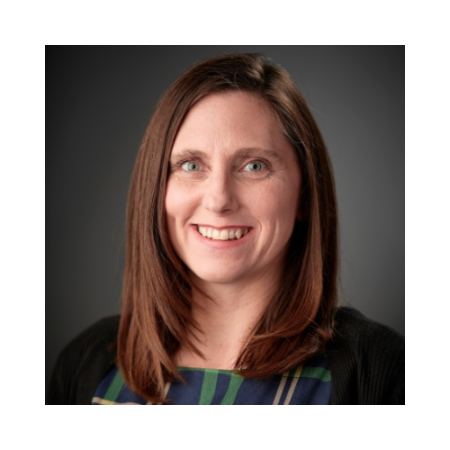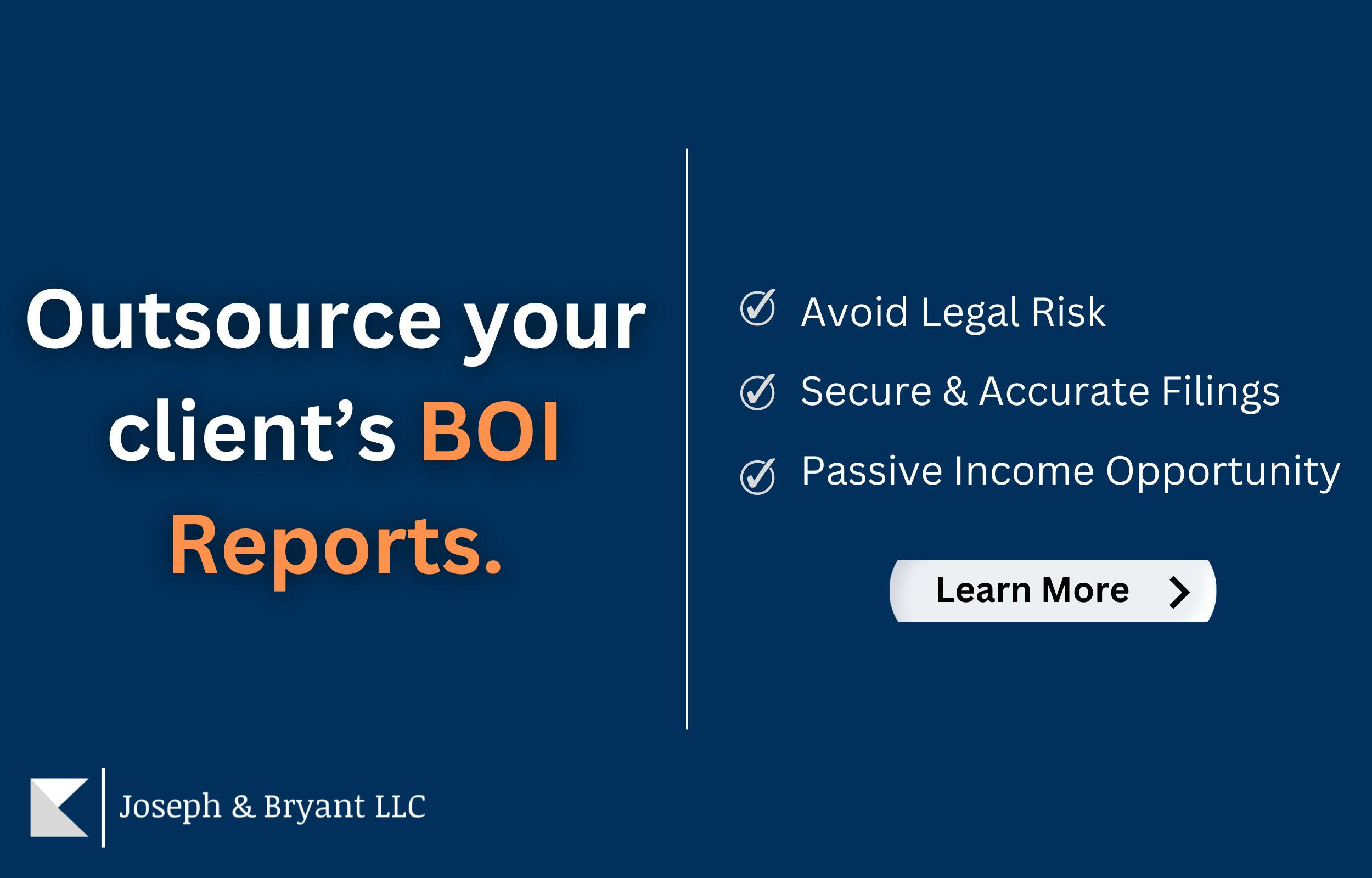
May 30, 2024
"In a troubling development that has major implications for businesses worldwide, a severe shortage of skilled accountants is putting immense strain on chief financial officers and finance teams. The deficit, estimated to potentially reach 3.5 million by 2025 according to industry analysts, threatens to disrupt financial reporting and compliance processes across sectors." The CFO
"The accounting industry is currently facing a major challenge in the form of succession planning. According to recent reports, a large number of accounting firms are struggling to find suitable candidates to take over their businesses when the current owners retire. This has led to a surge in succession issues, which could have serious implications for the future of the industry." Whitman Transition Advisors
"Edge Research conducted qualitative and quantitative research in two phases and heard from more than 1,800 students and recent graduates between October 2022 and May 2023. The research identified the most significant reasons for not choosing accounting included a lack of interest or passion for the major, higher starting salaries in other majors and students not wanting to pursue the 150 credit hours required for licensure. The 150 credit hour requirement was more pronounced for Black and Hispanic accounting majors." The CAQ
"Artificial intelligence is a relatively new phenomenon. Accounting is a well-established profession, and those who have been in the industry for a long time may resist the adoption of new technologies due to the fear of new. While the use of AI might not necessitate a particular skill set, it does require accountants to learn and continually stay informed. Contemporary tools and software mark a significant departure from traditional methods." The Woodard Report
Inflow | Talent Shortage
A solid and steady flow requires a robust supply source or inflow. By now, we are all too familiar with the decline in the number of accountants, accounting majors, accounting positions being filled with qualified employees, and the number of CPA exam candidates, much less passers.
Common barriers to attracting talent include pay scale, perception of the profession, investment of personal time and money to attain the CPA, technicalities to obtaining the CPA, a negative experience in entry-level accounting courses, and lack of work-life balance. These are a few reasons that have been heard here at KSCPA and across the country as we try to understand the reluctance to pursue an accounting career.
A reasonable question to ask would be whether this generation is not qualified or simply not qualified based on current criteria. Gen Z is one of the most financially savvy generations in the U.S. Whether investing their time, money, or talents, they thoroughly weigh the value of their options. This generation's financial prowess and cost analysis capabilities (risk vs. reward or ROI ) have been honed since birth. In their lifetimes, they have experienced a financial crisis, global pandemic, student debt crisis, terrorist attack on U.S. soil and a recession. They have inherited the debt burden of past generations, and they do not take that financial burden lightly. The same generation was raised on immediate gratification. Therefore, seeing ROI benchmarks every 5-10 years of their career over someday, maybe making partner or moving to a CFO role seems like a viable way to attract talent and mitigate leakage in the pipeline.
Leakage | Work-Life Balance, Corporate Restructuring, Technology Investments
Work-life balance is a post-pandemic trend that appears to be here to stay in all industries, especially accounting. People, particularly those with jobs that demand long hours, are re-evaluating the priority they place on work over competing priorities like health, wellness, family, friends and fun. They are asking themselves, "Is the work worth the reward?" Finding the optimal balance will be a shift in mindset for baby boomers and millennials, but a fundamental need in attracting Gen Z and beyond. To retain a robust future workforce, flexibility in work structures and the importance of mental health, well-being, and holistic development within an organization will be imperative. This will also be attractive to employees who feel the squeeze beyond the sandwich generation and care not just for themselves but also for their children, parents, and even grandchildren. Providing training and support to equip employees to handle challenges at work and home will empower them to make decisions, feel a sense of accomplishment, and adapt to their ever-changing environments.
Corporate Restructuring
Shifting work location from predominantly on-site to remote and hybrid work is the beginning of addressing the new business model options. The disjointed oversight of licensing creates another layer of complexity in a work from anywhere world.
Add to the mix Private Equity, IPOs, streamlining services, expanding services, and adding locations, and the ways to reinvent your business model are exponential. This overwhelms employees with questions of where they fit, how to prove their worth and create job security, whether their skills are still relevant and whether everything they have worked for has been futile. Creating a corporate plan employees feel a part of, valued in, seen and heard is a logical way to eliminate stress and improve retention.
Technology Investments
Jumping in the technology revolution is another way to modernize the industry. However, many accountants feel like a fish out of water regarding technology. After all, we are accountants, not computer engineers. College and the CPA exam prepare young professionals with the foundations of accounting concepts and principles. This sounds good until applying for full-time jobs that require at least two years of experience in QuickBooks, SAP, Oracle, Xero, Sage, Tableau, or other accounting software. Is the ownness of technology training on higher education, individuals, or organizations? Can organizations afford to invest in technology and employee development with hopes that they coincide, or are they completely different strategic investments that may be counterintuitive? How does it affect employee morale?
Outflow | Retirement/Succession Planning
According to AICPA, almost 75% of the CPA workforce had reached retirement age in 2020. Research from a February 2023 report from the Federal Reserve Bank of Minneapolis indicates that 65 Baby Boomers retire daily, with only 45% already retired. In the next six years, 100% of this generation will be 65 or older. Considering the average age of a CPA in the US is 52-53, organizations are pressured to regulate the outflow by identifying, retaining, and preparing the next generation of leaders in six years or less.
National accounting leaders, influencers, state societies, institutions of higher education and firms/organizations are all heeding the warnings, reading the reports, preparing accordingly, and disseminating information as quickly as they can synthesize it.
National Pipeline Advisory Group (NPAG)
AICPA, NASBA, and accounting leaders from across the profession have come together to prepare for this tsunami. The National Pipeline Advisory Group conducted a national survey and focus groups during the first half of 2024 to garner data and insights from all stakeholders. More than 7,800 students and accounting professionals took the national survey, and more than 1,600 people participated in the focus groups. A draft report of their finding analyzes and synthesizes information collected to shape a profession-wide strategy to address accounting's most pertinent issues.
AICPA & NASBA
Last year, AICPA identified several areas paramount to the pursuit of talent: Awareness, improved perceptions, training and education, firm culture and business models, diversity, equity, and inclusion, and partnering with educational institutions. These principles were used to enhance and build upon the Experience, Learn & Earn Program (ELE) and the impact firm culture and transformative business models can make on the pipeline. ELE is a joint program of AICPA & NASBA to offer a flexible and affordable way for accounting graduates to complete the CPA licensure requirement of an extra 30 academic credits beyond a typical bachelor's program.
The KSCPA and KSCPA Educational Foundation have established strong programs to support aspiring accountants throughout their career journey. From scholarships and awareness programs to advocacy and career resources, the KSCPA and Educational Foundation are committed to nurturing the next generation of accounting professionals.
Pipeline
We are priming the pipeline by creating awareness of the profession through the INSPIRE Business Camp for high school students and providing educational resources for high school educators in Kansas.
KSCPA encourages students to continue exploring accounting through online student resources and scholarships. On campuses, we support Beta Alpha Psi and other accounting groups and faculty involvement in KSCPA key initiatives. We also promote the CPA exam and provide discounts on CPA study resources to prepare for it.
Upon graduation, the KSCPA CareerHQ is a valuable tool that showcases a job board, career resources, resume reviews, career insights and coaching. We also offer industry tips, trends and insight through articles, white papers, webinars, product guides and more on the KSCPA Knowledge Hub.
Advocacy
As advocates for the accounting profession, the KSCPA plays a crucial role in shaping legislative and regulatory policies that impact CPAs and their clients. Whether advocating for fair taxation policies, promoting transparency and accountability in financial reporting, or championing initiatives to combat fraud and financial crime, the society is a powerful voice for its members and the broader business community.
CPE
One of the pillars of the CPA and our society is helping our members stay educated on regulatory issues and controls within the profession. We aim to keep our members cutting edge with the latest trends and high-quality solutions in our CPE offerings.
DEI+
We partner with local and national organizations to be involved and do our part to ensure accounting is an inclusive and welcoming profession. It also helps us stay informed of current initiatives and opportunities that impact our local communities. Partnering with organizations like Big Brothers Big Sisters is a win for everyone. It provides opportunities to youth, builds diversity within our profession, and identifies untapped talent for employers in our industry. We also provide resources for DEI+ initiatives on the KSCPA website.
News Alerts & Reporting
As an organization, we do our best to stay informed and disseminate information on local and national issues relevant to our members and partner organizations.
We participate in surveys, conversations, and initiatives that impact and add value to the accounting field. Most importantly, we listen to our members to gather insights, challenges, questions, concerns, and successes to determine the best strategic direction for KSCPA and the accounting profession.
Dolly Parton once said, "The way I see it, if you want the rainbow, you gotta put up with the rain." If you have lived in Kansas long enough, you know there is often a sense of calm, relief, beauty, and hope after a storm. Every story starts with a new beginning. New Beginnings often equate to new life, energy, hope and a better future than you ever imagined!
As we ponder what the accounting world will look like after this storm, some important things must be considered. Just like every story, let's begin at the beginning. It makes sense to have the most significant impact on the long-term success of individuals and the industry, that we begin with current and future accounting students. What can we offer them? How can we update and modernize the profession and chart a course for the future to ensure the accounting industry thrives for years to come?
How can students and young professionals actively participate in reimagining the profession? Get involved! Whether through a professional association like KSCPA, on campus, mentoring high school students on choosing a career path or connecting with employers through internships, job shadowing or social events. There are many ways students and young professionals can and should contribute to building the profession of their dreams.
Stay tuned in June for Is an Accounting Reboot Imminent Part Two | Breaking the Mold and Rebuilding the Accounting Profession - Emerging as leaders to determine what to salvage, repurpose, or scrap?
 |
Liz Gaume |
The Ignite blog is an official publication of the Kansas Society of CPAs, Copyright 2024.
THANK YOU TO OUR SPONSORS & PARTNERS IN ACCOUNTING EXCELLENCE!
 |
 |
 |
 |
Would you like to showcase your business by sponsoring the Ignite blog? Click here for more information.
© Copyright 2025 KSCPA | All Rights Reserved